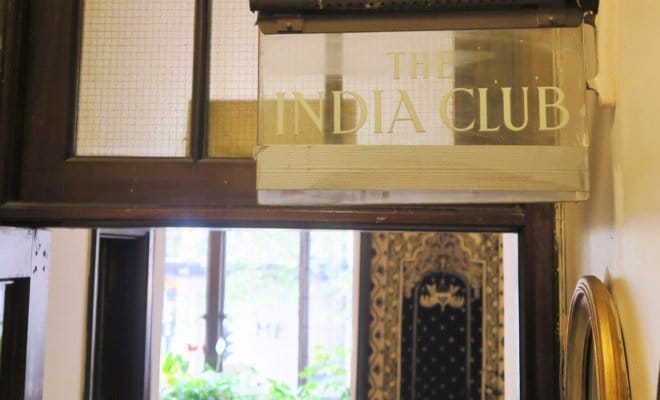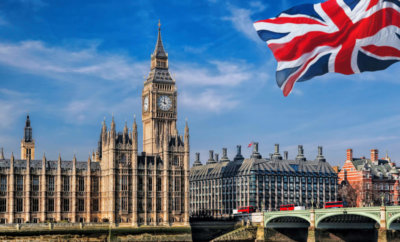NRI
India Club in London Refused Status as Significant Historical Landmark

India Club, London
Photo: Twitter
The India Club had filed an application for its listing as a significant historical landmark in a bid to stop the building's partial demolition.
The India Club in London, located inside the Strand Continental Hotel, which was a hub for Indian nationalists during the country’s Independence movement, has been refused listing status.
The application filed by the club with the Historic England organization last year, seeking its listing as a significant historical landmark in a bid to stop its planned partial demolition, was turned down this week. Historic England is a public body that looks after the historic environment and places in the region, Business Standard reported.
“We are deeply disappointed with the decision which undervalues more than 50 years of India Club’s historic, social and cultural importance. The rejection of the listing application is not only a personal blow to us as proprietors of 143 Strand, but also to the multitude of people who are intrinsically linked to the building through generations of their family history,” Phiroza Marker, the manager of India Club, was quoted as saying by Business Standard.
The application was filed by Yadgar Marker, the director of Goldsand Hotels, who has run the club for 21 years, the Times of Indian reported. “The India Club Restaurant and Strand Continental Hotel at 143 to 145 Strand, London are presently subject to a planning application for comprehensive modernization that would result in the loss of its current usage, including the second floor restaurant and first floor bar,” an online campaign started by Marker to save the club said.
However, after waiting for the decision for a long time, amid fighting plans for demolition of the club, Marker was informed recently that the Department for Digital, Culture, Media and Sport has denied listing the club.
The request was declined on the premise that many other organizations were operating for the Indian community during the Indian Independence movement during the 1930s and 40s, according to Business Standard.
Duncan Wilson, Historic England’s chief executive, said that the India Club restaurant and bar at 143-145 Strand does not meet the criteria for listing. “The India Club did not occupy the building until 1964. The club was established at 41 Craven Street, which is already listed at Grade II, and has much stronger links to the historic campaign for Indian independence,” he said, TOI reported.
The India Club was a hub for Indian nationals in London during the Independence movement in the 1930s and ’40s. Wilson added that the club only moved to the Hotel Strand Continental in 1964, which meant that the building did not have a direct connection with the Indian independence movement, since it was established several years after India gained independence. “By the time the club moved to the Strand, it was one of a great number of organizations in existence in the 1960s working to promote British-Indian relations,” Wilson was quoted as saying in the report. He added that the bar and restaurant were “installed in 1964” and were “lacking notable historic features.”
Marker, a Parsee-origin man, has been running the establishment with his wife, Freny, since they rescued it from destruction in 1997. His online campaign to save the building from being demolished through a petition has received over 21,000 signatures.
“This is a petition to Westminster City Council to reject the planning application submitted for 143-145 Strand, London. As operators of the hotel, bar and restaurant we are opposing these redevelopment plans. We want to preserve the building and its uses as they are and also preserve the rich cultural history they represent,” the petition states.
The campaign has earlier also received support from high-profile Indians like Congress MP Shashi Tharoor. The club was co-founded by his late father and journalist Chandran Tharoor, and VK Krishna Menon, Independent India’s first High Commissioner to the United Kingdom.




You must be logged in to post a comment Login